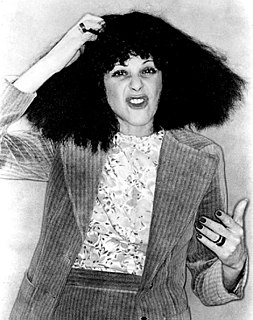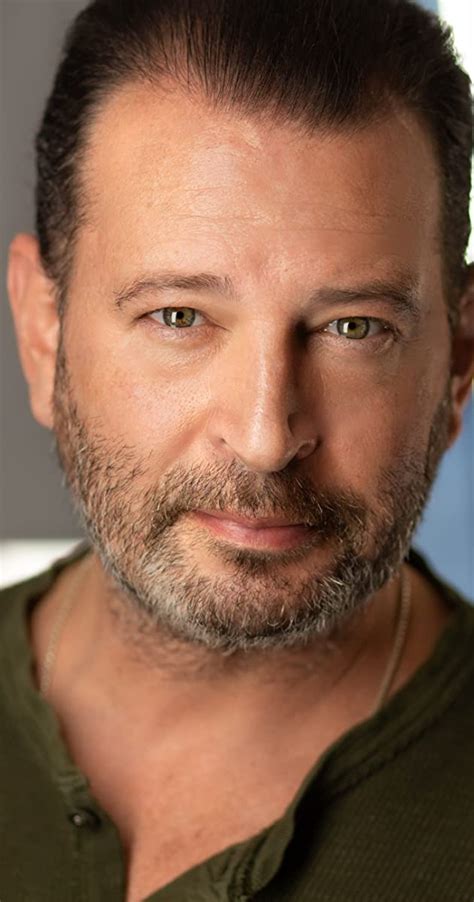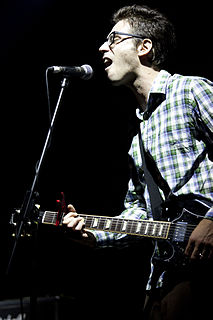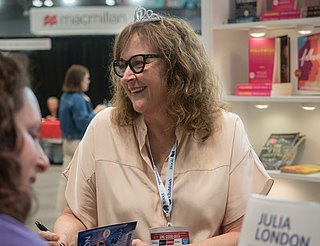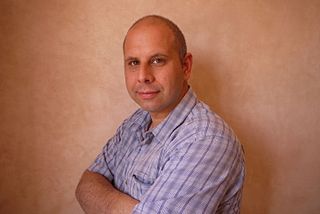A Quote by Gilda Radner
I wanted a perfect ending. Now I've learned, the hard way, that some poems don't rhyme, and some stories don't have a clear beginning, middle and end.
Related Quotes
The strange thing about the apocalypse is that it's uneven. For some people, it goes one way and for others another way, so that there's always this shifting relation to the narrative of the disaster. Sometimes apocalypses are just structural fictions, and sometimes they're real. Sometimes a narrative requires an end - the fact that the beginning was always leading somewhere becomes clear at the end. There's an idea that we're always in the middle, but we posit this apocalyptic end in order to also be able to project into the past or the beginning. I think that's true and false.
Man no longer lives in the beginning--he has lost the beginning. Now he finds he is in the middle, knowing neither the end nor the beginning, and yet knowing that he is in the middle, coming from the beginning and going towards the end. He sees that his life is determined by these two facets, of which he knows only that he does not know them
When I set out to write a screenplay, I have in my mind a beginning and an end but that end part continually changes as I start to write the middle. That way by the time the screenplay is finished I have taken myself and my audience from a familiar beginning point through the story to an unfamiliar ending point.
My dream right now is - and I don't know how to do it, and I don't know if it will work exactly - but just this sort of vague aspiration to start some kind of website where people send in their stories or poems, and me or perhaps some other people turn that into music. And then by the end of the year we make a record and actually put it out. Like a band, but the band is actually a combination of the musician and the fan. I think that's a very 21st-century way of doing it.
In my own writing, I've mostly abandoned end-rhyme, but wordplay is still a huge part of my process. I've written a series of mermaid poems in the last few years. The first one was called "The Straightforward Mermaid" which arose from my delight in that word combination. After that, I decided that future mermaid poems would have to be words ending in "d" or "t," which led to "The Deadbeat Mermaid," "The Morbid Mermaid" and so forth . . .
As for my writing process, there is one truth I have discovered after writing some twenty-plus books: Not every book is the same, but the middle of every book is where I really begin to question my choice of vocations. The beginning and end is usually fairly clear to me, but that middle just sucks the life right out of me.
